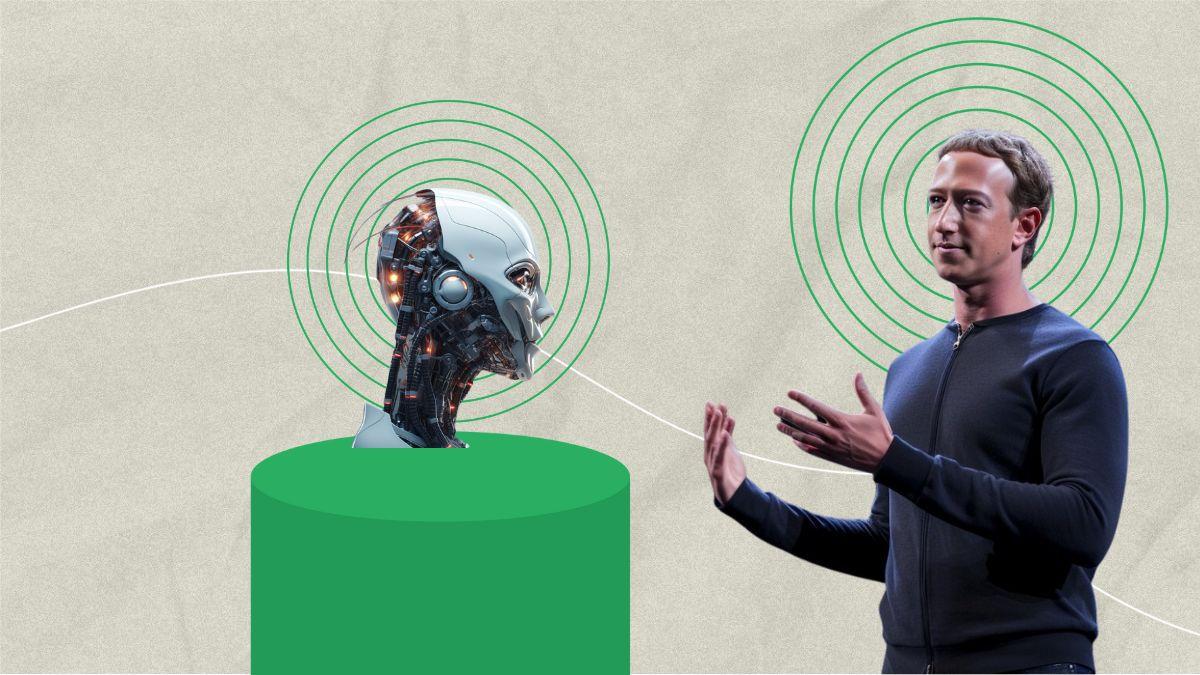Meta’s latest AI assistant educated using public Facebook and Instagram content

2 min
Meta platforms train new AI assistants using public Facebook and Instagram content, prioritizing user privacy.
Nick Clegg discusses Meta's AI development strategies and anticipates legal debates on copyright issues.
Meta AI, a combination of Llama 2 and Emu models, was unveiled at the Annual Connect Conference.
Meta Platforms has utilized public content from Facebook and Instagram to develop their latest AI virtual assistant. However, the company ensured that private posts, exclusive to friends and family, were not included, emphasizing a commitment to user privacy, as conveyed by Nick Clegg, Meta's President of Global Affairs, during an interview with Reuters at the Connect conference.
Clegg further clarified that Meta refrained from using private conversations from its messaging platforms as data for AI training. Efforts were made to exclude any datasets that might contain significant personal information. For instance, they purposely avoided using LinkedIn content due to privacy concerns.
In recent times, tech giants such as Meta, OpenAI, and Google have faced scrutiny over using data harvested from the internet without obtaining explicit permissions to train their AI systems. These companies are grappling with challenges related to their AI systems' potential reproduction of private or copyrighted content, even as they face legal actions for alleged copyright infringements.
CEO Mark Zuckerberg introduced Meta AI at the Connect conference, marking a significant release among Meta's debut consumer AI tools. This year's event was heavily centered around AI, diverging from previous years, primarily AR and VR-centric.
The foundation for the assistant combines the capabilities of Llama 2, a large language model made available for public use by Meta in July, and a new image-generating model named Emu. This AI product can produce text, audio, and visuals and incorporate real-time data from collaborating with Microsoft's Bing search engine.
Public content from Facebook and Instagram encompassing text and images was instrumental in training Emu. Llama 2, supplemented with other public datasets, influenced the chat functionalities, according to a representative from Meta. This spokesperson also hinted at the potential of user interactions with Meta AI playing a role in enhancing its features in the future.
Regarding safety, Meta has implemented specific boundaries to the content that their AI tool can produce, including prohibiting the generation of highly realistic images of public figures.
Addressing concerns about copyrighted content, Clegg anticipates legal debates concerning applying the "fair use doctrine" to creative content. While some firms, like OpenAI, have entered partnerships for legitimate content usage, as seen with their agreement with Shutterstock, Meta's stance is outlined in their terms of service, which prohibits users from producing content that breaches privacy and intellectual property laws.
The biggest stories delivered to your inbox.
By clicking 'Register', you accept Arageek's Terms, Privacy Policy, and agree to receive our newsletter.
Comments
Contribute to the discussion


